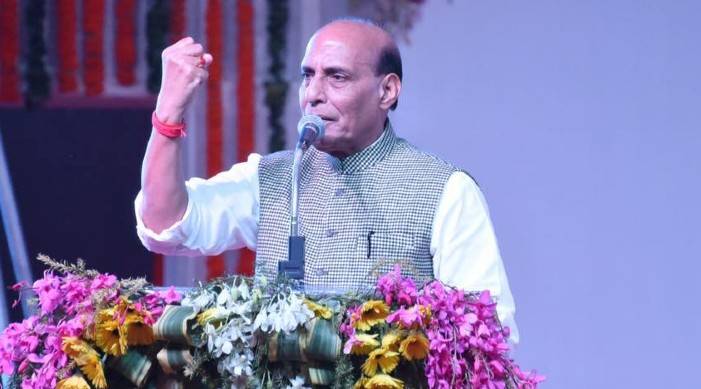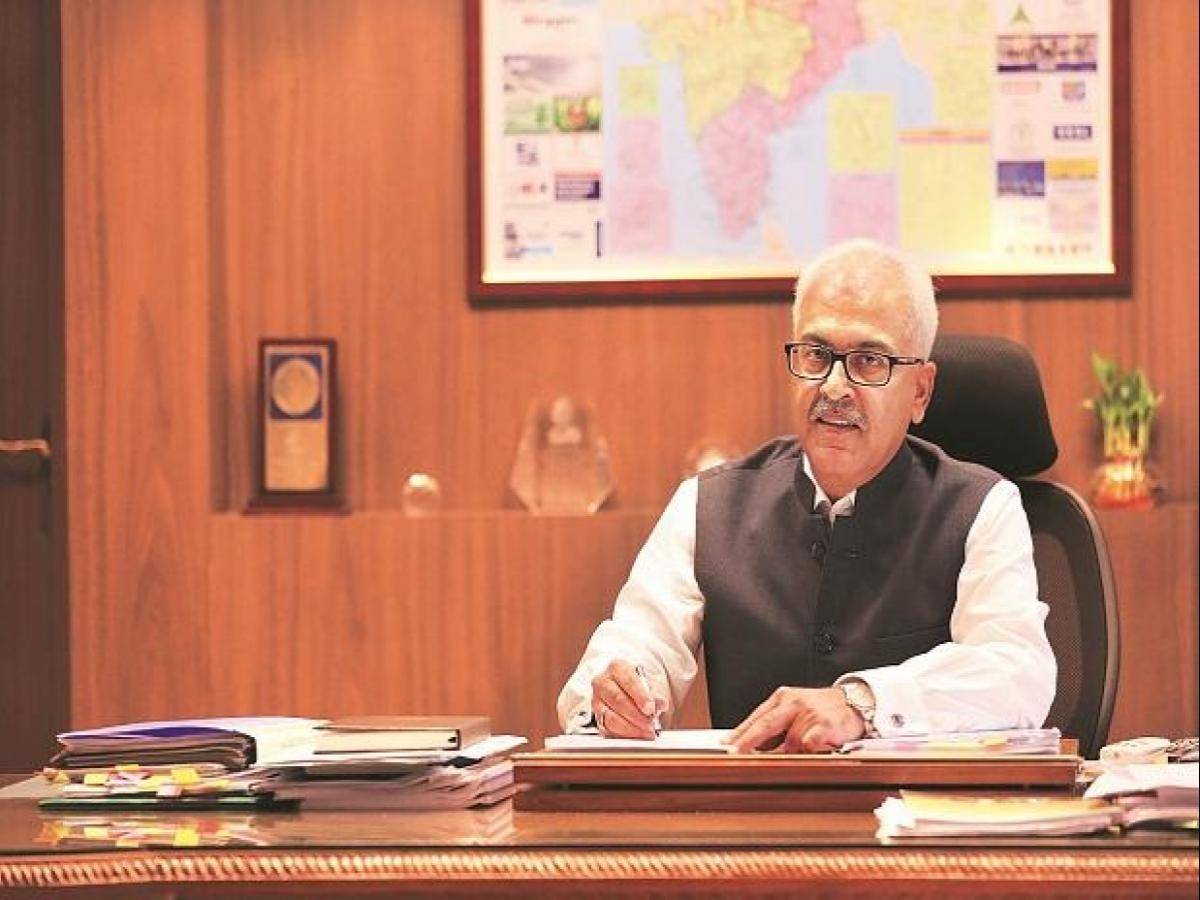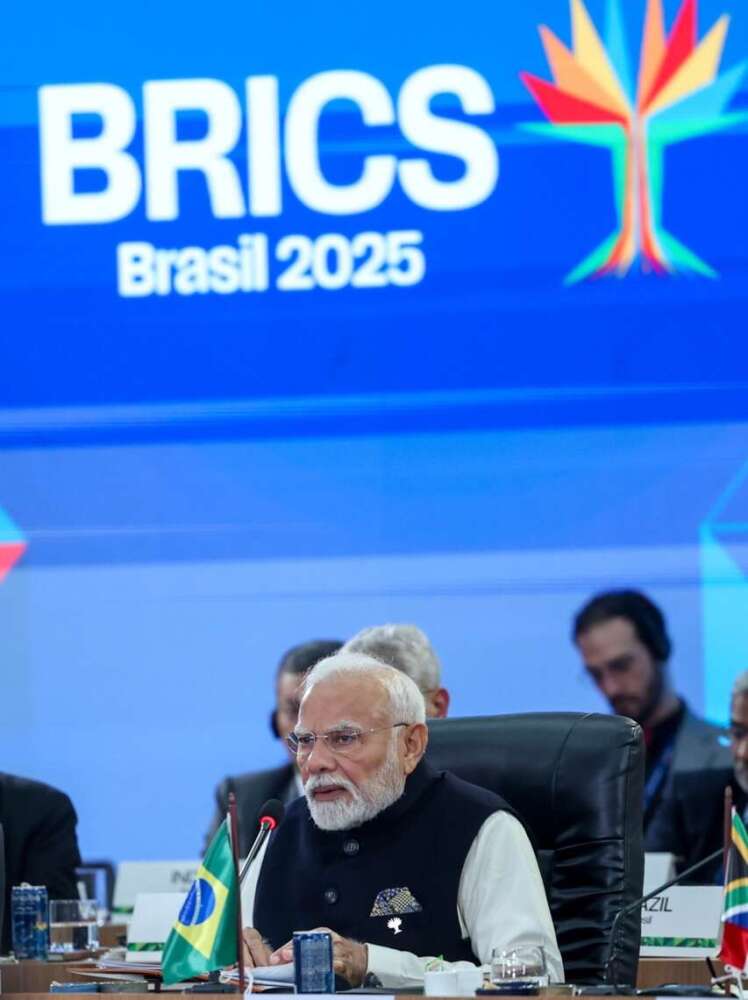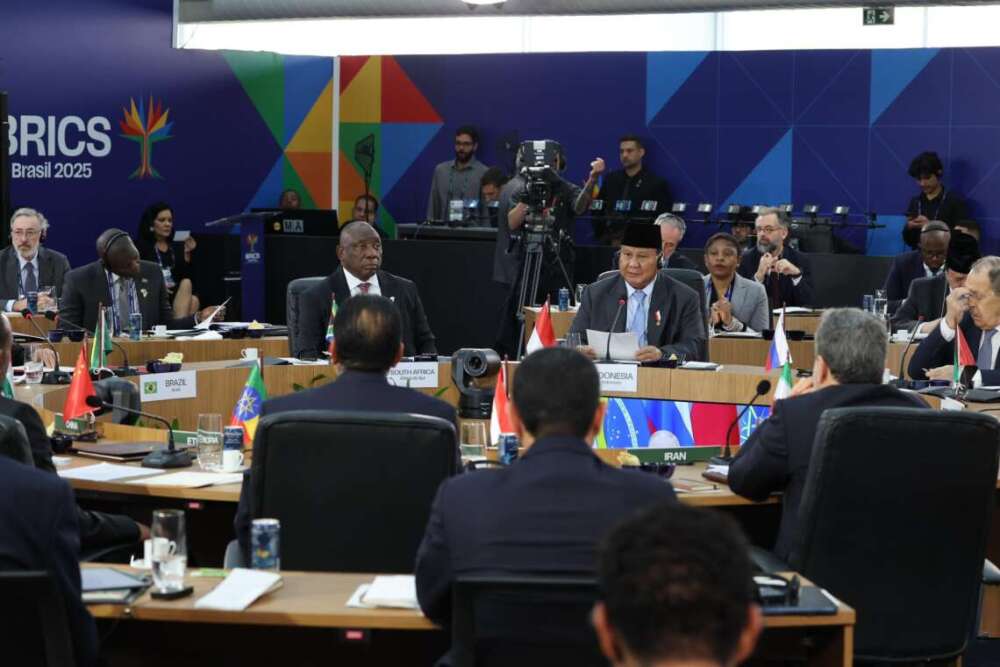He pointed out that Covid genome sequencing is trying to find out that part of the virus’s DNA that does not change, which will contribute to vaccine development…reports Asian Lite News.
Defence Minister Rajnath Singh on Thursday said genomics will play a key role in fighting Covid-19 and improving healthcare.
Genomic sequencing of coronavirus can help understand the factors leading to its mutation and also developing an effective vaccine, he said after inaugurating the NKC Centre for Genomics Research in Hyderabad.
Nucleome Informatics has unveiled the centre, which is claimed to be South Asia’s largest and most advanced genomics facility. The laboratory will carry out the latest third-generation sequencing and play a critical role in fighting the pandemic by sequencing 5,000 Covid genomes and 500 human genomes.
The Defence Minister described genomics is the sunrise sector of the 21st century.
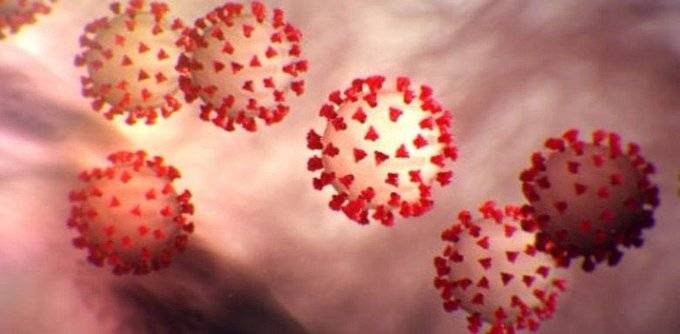
“Next generation sequencing can bring revolution in biological sciences and unprecedented progress to society. In view of climate change and Covid’s impact on people, genome sequencing can increase productivity and help healthcare,” he said.
He pointed out that Covid genome sequencing is trying to find out that part of the virus’s DNA that does not change, which will contribute to vaccine development.
Madhya Pradesh Chief Minister Shivraj Chouhan also addressed the launch ceremony. The event was attended by Nucleome Informatics MD and CEO Dushyant Singh Baghel, and Principal Scientific Adviser to the Government, Prof K. VijayRaghavan.
Chouhan said India was committed to doubling farmers’ income which will require an increase in productivity, reducing input cost and loss of crop, and right price of the crop. “Agri-genomics can help in increasing productivity, reducing input cost, and increasing resistance to disease. I am sure that agri-genomics will become important and useful for addressing challenges of Indian agriculture and doubling farmers’ income,” he said.
The laboratory, established in the memory of former Member of the Parliament from Khandwa, Nand Kumar Singh Chauhan, will also play a role in upping India’s potential in agriculture, animal husbandry, and personalised/precision medicine, among others.
“The laboratory is an extraordinary feat and I congratulate Nucleome for this ambitious effort even while remaining connected to the root. This is a remarkable achievement of science and technology and these problem-solving approaches should be done at scale. I am impressed with the technology put in place and will look forward to its implementation,” Vijay Raghavan said.
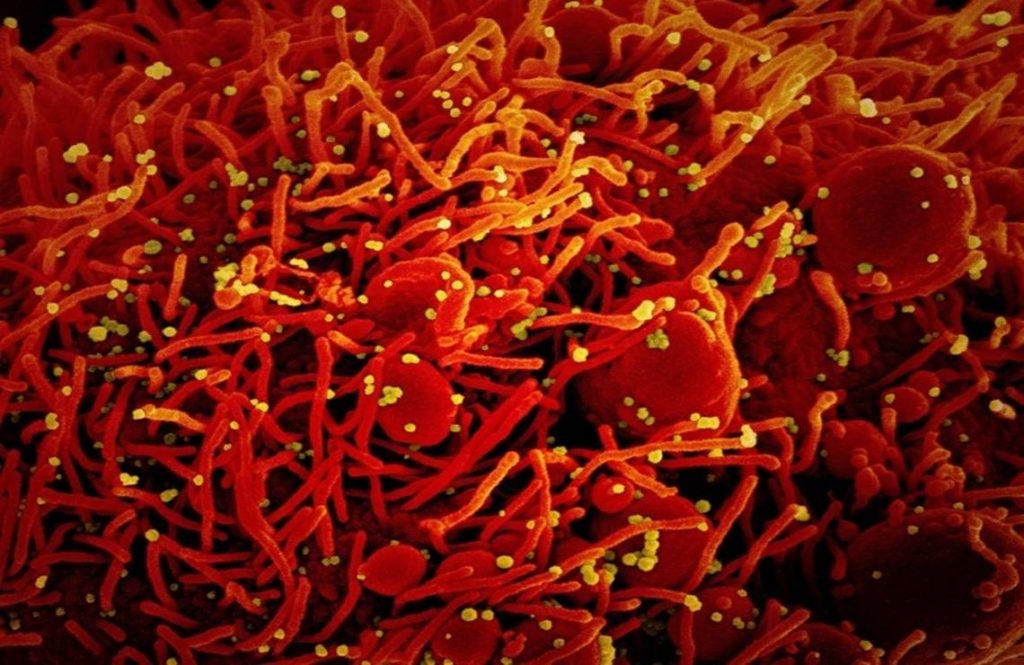
“Since inception, Nucleome has contributed to the fields of agrigenomics, animal husbandry and wildlife conservation. The Nand Kumar Chauhan Centre for Genomics Research is our tribute to the late Khandwa MP’s relentless service to the people. It was his continuous support and morale-boosting that motivated us to abandon the idea of moving the venture to San Diego, the US and to continue in India,” Baghel said.
He announced that the next NKC Centre for Genomics will be at Indore. With the addition of NovaSeq 6000 (the world’s largest short-read sequencing) and GeneTitan platforms, the laboratory will play a critical role in expanding the scope of its in-house services and allow seamless cross-platform services.
“We will soon begin to provide our in-house DrSeq suite of predictive genomics products in healthcare to analyse the data of RNA sequencing – we expect this will improve the understanding and uptake of personalised/precision medicine in India,” he added.
ALSO READ-India calls for united global action against terror-enablers
READ MORE-Strong military as important as capable, self-reliant defence industry: Rajnath


